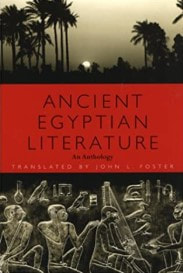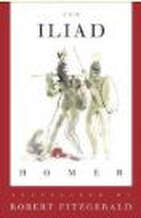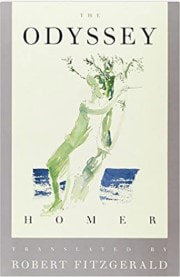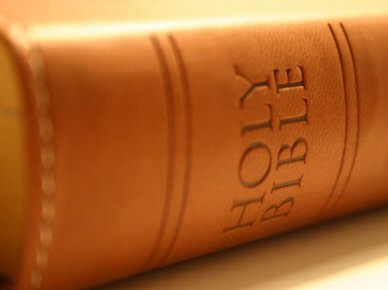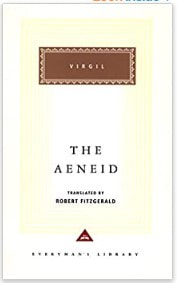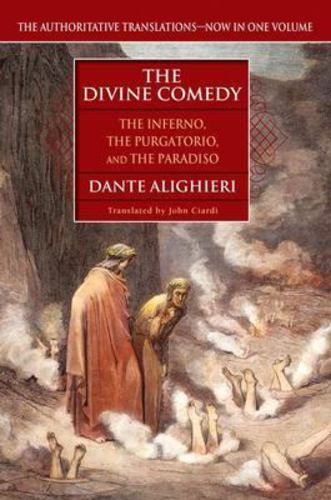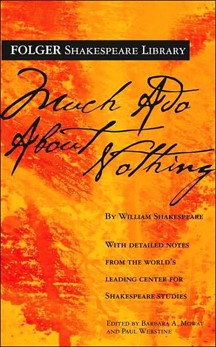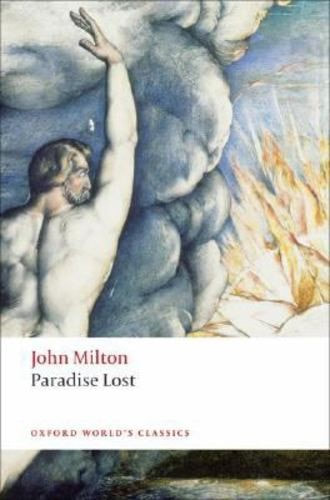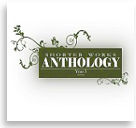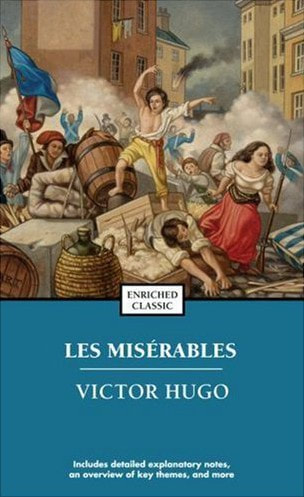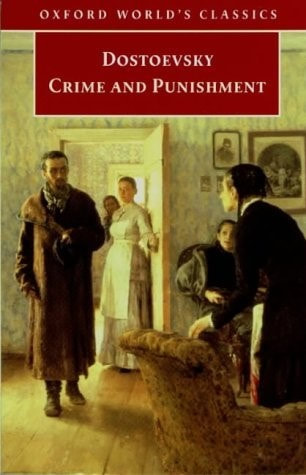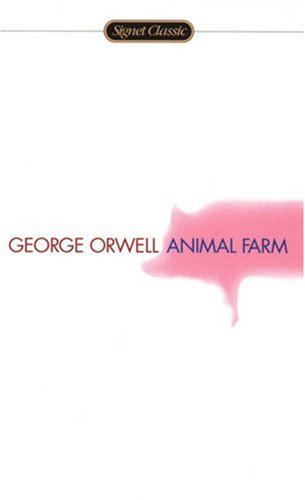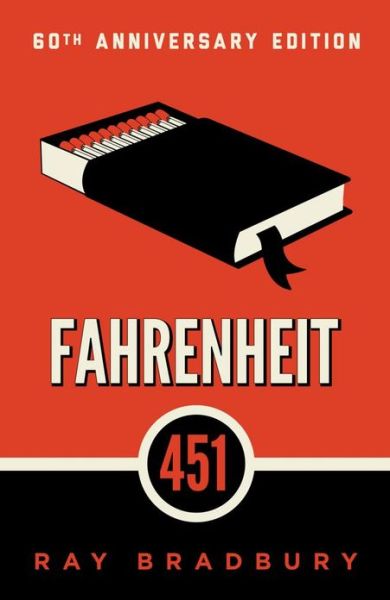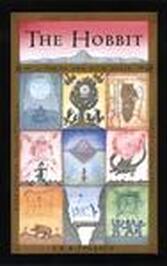Rhetoric Literature Modules
Minimum age 14. Recommended for 9th graders - 12th graders.
These a la carte classes are offered throughout the year. Ranging from 2 week to 12 weeks in length, our mod courses allow you to customize your school year to fit your schedule and interests. Students complete their work before class, then meet once per week in our live online classrooms at the scheduled times to discuss their work with our regular year-long class. We think your student will find our classes warm, welcoming environments to study together.
NOTE: the book lists below may change slightly. Students will have access to the assigned resources once enrolled.
NOTE: teachers do not provide grades for module courses.
These a la carte classes are offered throughout the year. Ranging from 2 week to 12 weeks in length, our mod courses allow you to customize your school year to fit your schedule and interests. Students complete their work before class, then meet once per week in our live online classrooms at the scheduled times to discuss their work with our regular year-long class. We think your student will find our classes warm, welcoming environments to study together.
NOTE: the book lists below may change slightly. Students will have access to the assigned resources once enrolled.
NOTE: teachers do not provide grades for module courses.

